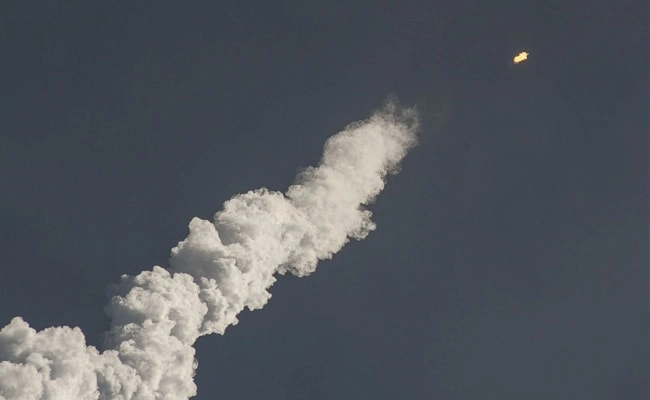The Israel Defense Forces (IDF) have reported the successful interception of a missile that was launched from Yemen, marking a significant escalation in the regional tensions surrounding the ongoing conflict in the Middle East. This incident underscores the increasingly complex security landscape, wherein threats can emerge from unexpected locations and involve various actors beyond the immediate borders of Israel. The missile interception not only highlights the capabilities of Israel’s air defense systems but also raises concerns about the potential for escalating hostilities involving multiple countries in the region.
The missile was intercepted as it approached Israeli territory, demonstrating the effectiveness of the Iron Dome defense system, which is designed to protect against incoming aerial threats. The IDF’s statement emphasized that the missile posed a real threat to civilian areas, and intercepting it was crucial to maintaining the safety and security of the Israeli populace. This event is part of a broader pattern of missile launches and military activities that have been increasingly attributed to groups operating in Yemen, particularly those aligned with the Houthis, who have received support from Iran. The involvement of these groups introduces a new dimension to the already volatile situation in the region.
In response to the missile launch, Israeli officials have expressed grave concerns about the potential for further attacks and the implications for regional stability. The IDF has been closely monitoring developments in Yemen and is prepared to counter any future threats that may arise. This incident not only demonstrates the ongoing risks faced by Israel but also the broader implications for neighboring countries and the overall geopolitical landscape. Analysts warn that as various factions continue to engage in military actions and retaliatory measures, the risk of a wider conflict could increase, drawing in multiple nations.
The interception of the missile from Yemen is a stark reminder of the interconnected nature of modern warfare, where conflicts in one area can have ripple effects across entire regions. As military engagements escalate and new alliances form, countries must navigate a delicate balance between preemptive defense and diplomatic efforts to de-escalate tensions. The situation remains fluid, and both regional and international stakeholders are closely watching the developments that could influence the future of peace and stability in the Middle East.




